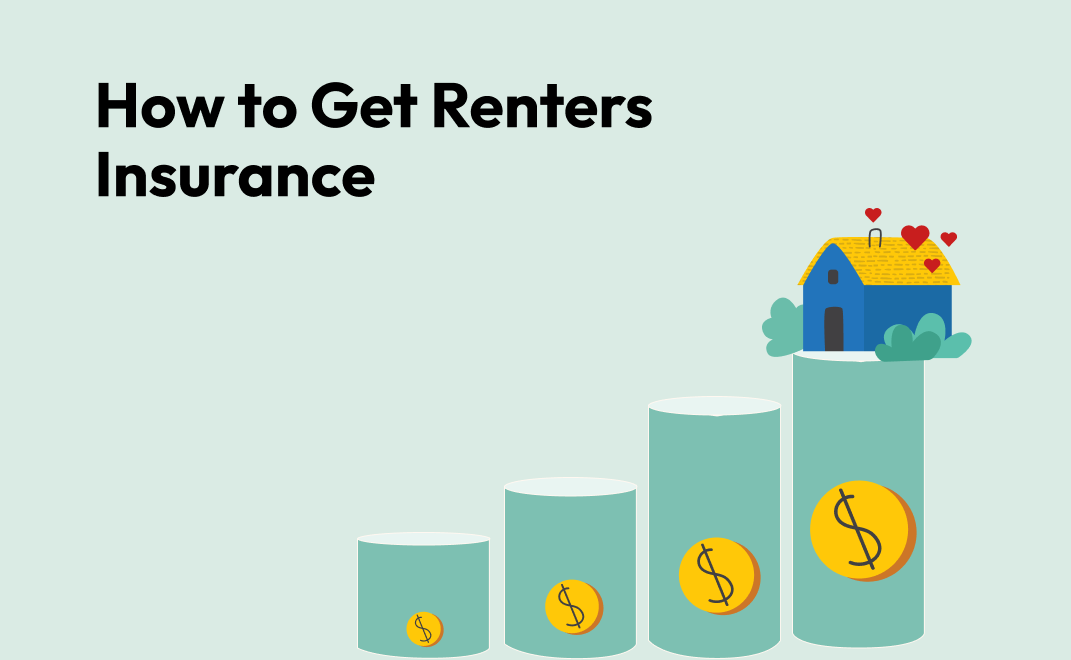Renters insurance is an essential safeguard for anyone renting a home or apartment. It protects your personal belongings, offers liability coverage, and can cover additional living expenses in case of emergencies. Here’s a comprehensive guide to help you obtain renters insurance:
Assess Your Insurance Needs
Before you start shopping for renters insurance, it’s important to evaluate what you need:
Inventory Your Belongings: Make a list of all your personal items and their approximate values. This includes furniture, electronics, clothing, kitchen appliances, and other valuables. This will help you determine the amount of coverage you need. Consider Liability Coverage: Decide how much liability coverage you need. Standard policies typically offer $100,000, but you might need more depending on your situation and potential risks. Additional Coverage: Think about any additional coverage you might need. For example, if you live in an area prone to floods or earthquakes, you might need separate policies for those risks. High-value items like jewelry or art might require additional riders or endorsements.
Research Insurance Providers
Not all insurance companies offer the same coverage or rates. Take the time to research different providers:
Check Reputable Companies: Look for well-known, reputable insurance companies. Read reviews and ask for recommendations from friends or family. Compare Quotes: Use online tools to compare quotes from multiple providers. This will give you an idea of the cost and coverage options available. Look for Discounts: Many insurers offer discounts for things like bundling policies (e.g., renters and auto insurance), having security systems, or being a non-smoker. Make sure to inquire about potential discounts.
Get Quotes
Once you have a list of potential insurance providers, obtain quotes:
Online Quotes: Many insurance companies offer online quote tools. You can input your information and get an estimated cost for a policy. Agent Assistance: If you prefer, you can contact insurance agents directly. They can help you understand the different policies and find one that suits your needs. Provide Accurate Information: When requesting a quote, be honest and accurate with the information you provide. This includes details about your rental property, the value of your belongings, and any security measures you have in place.
Compare Policies
After gathering quotes, compare the policies carefully:
-
Coverage Amounts: Ensure the policies provide adequate coverage for your personal property and liability needs. Deductibles: Check the deductibles for each policy. A higher deductible usually means a lower premium, but you’ll pay more out-of-pocket if you file a claim. Exclusions and Limits: Pay attention to what each policy covers and what it excludes. Some policies may have limits on certain items, like electronics or jewelry, or may not cover specific risks like flooding. Customer Service: Consider the quality of customer service provided by the insurer. Read reviews to see how they handle claims and customer support.
Purchase Your Policy
Once you’ve selected the best policy for your needs, it’s time to purchase it:
-
Application Process: Fill out the application form provided by the insurer. You may need to provide detailed information about your rental unit and personal belongings. Review the Policy: Carefully review the policy documents before finalizing your purchase. Make sure you understand the coverage, exclusions, and terms. Payment: Pay the first premium to activate your policy. Most insurers offer various payment options, including monthly, quarterly, or annual payments.
Keep Your Policy Updated
After purchasing renters insurance, it’s important to keep your policy up to date:
Update Inventory: Regularly update your inventory of personal belongings and their values. This is especially important if you acquire new items or get rid of old ones. Review Coverage: Periodically review your coverage to ensure it still meets your needs. If you make significant changes to your living situation, such as moving to a new apartment or getting a pet, inform your insurer. Policy Renewal: Most renters insurance policies renew annually. Make sure to review your policy at renewal time and make any necessary adjustments.
- Document Your Belongings: Keep receipts, photos, and other documentation of your personal property. This will make the claims process easier if you need to file one. Understand the Claims Process: Familiarize yourself with how to file a claim with your insurer. Know what information and documentation you will need. Communicate with Your Landlord: While renters insurance covers your personal belongings and liability, it’s a good idea to understand your landlord’s insurance coverage. This can help clarify who is responsible for what in case of damage or loss.
Conclusion
Getting renters insurance is a straightforward process that provides significant peace of mind and financial protection. By assessing your needs, researching providers, comparing policies, and keeping your coverage up to date, you can ensure that you and your belongings are well-protected against unexpected events. With renters insurance in place, you can enjoy your rented home with the confidence that you are prepared for the unexpected.
